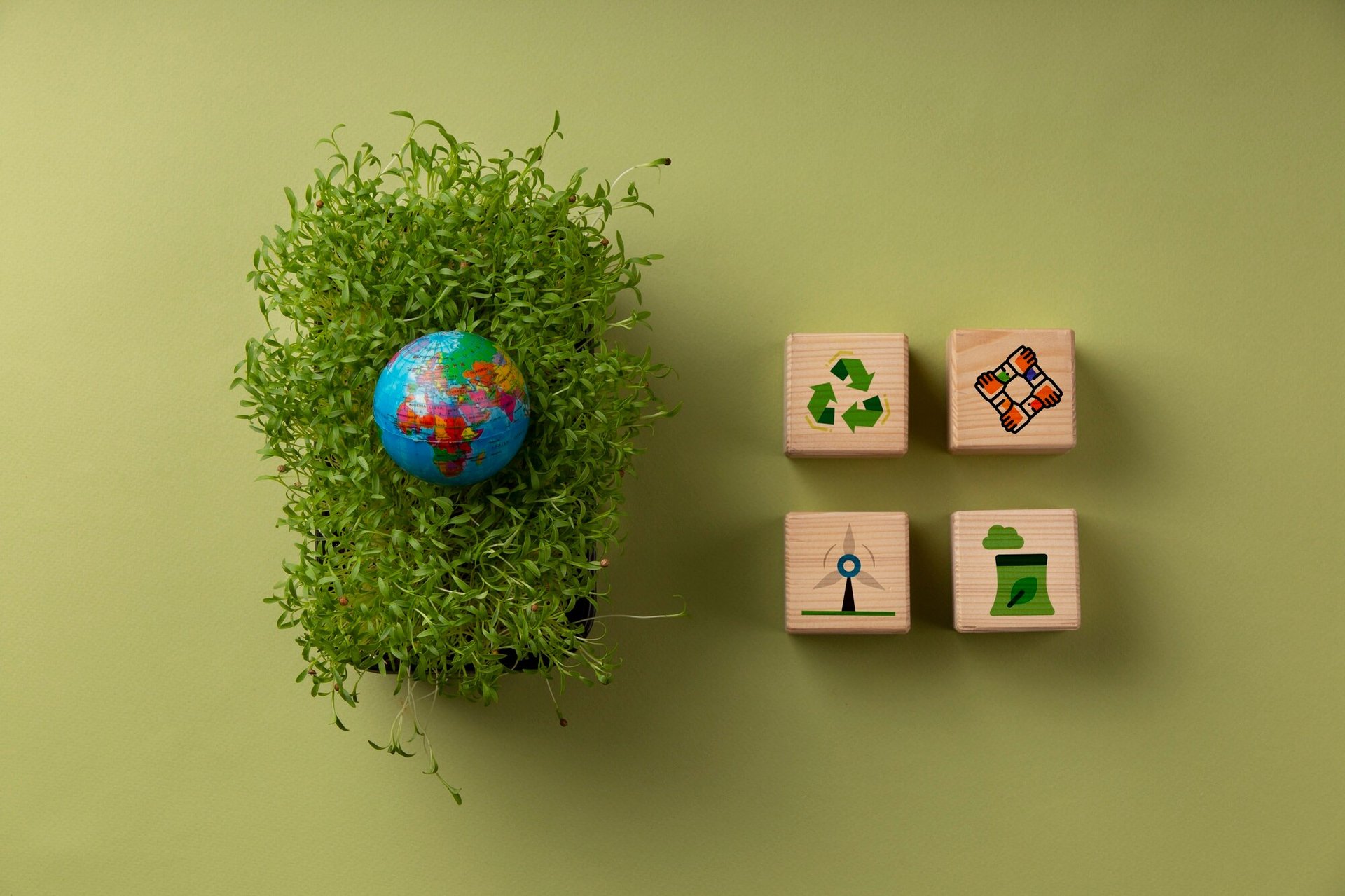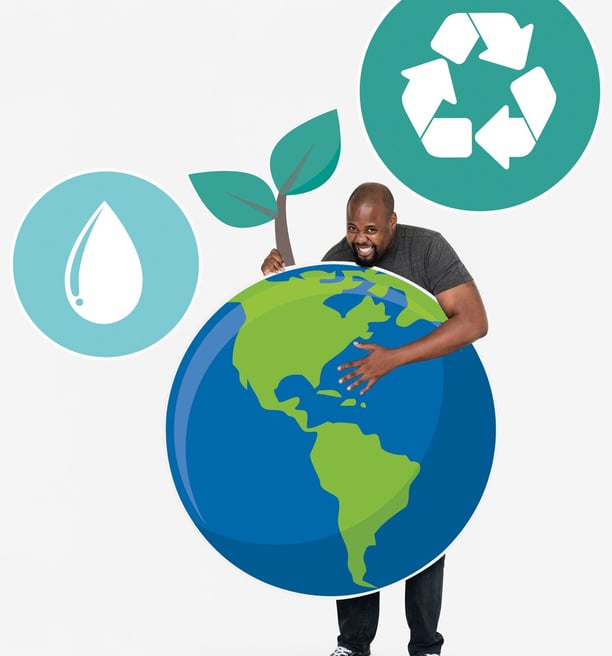
CONNECTS
EVERYTHING


CIRCULAR ECONOMY
The Circular Economy is an economic system that aims to eliminate waste and keep resources in use for as long as possible. It represents a systemic shift away from the traditional linear model of “take, make, dispose,” towards a more regenerative approach in which products, materials, and resources are reused, repaired, refurbished, and recycled.
In this model, economic growth is decoupled from resource consumption. Rather than relying on the extraction of finite raw materials, the circular economy seeks to create closed-loop systems where materials flow continuously in a productive cycle. It is both an economic and environmental response to the challenges posed by resource scarcity, climate change, and unsustainable consumption patterns.
The circular economy offers an alternative that aligns economic activity with environmental sustainability, encouraging innovation, efficiency, and resilience. It supports sustainable development goals (SDGs) and offers a pathway toward a low-carbon, resource-efficient future.